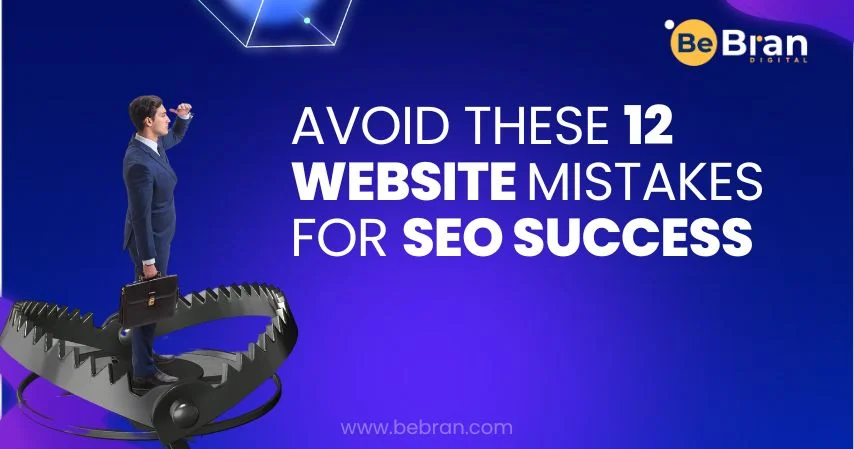Q. What is a crawl budget?
A. A crawl budget is the number of pages on a website that search engine crawlers will index within a specific timeframe. It's influenced by factors like site health, server speed, and the number of internal links.
Q. How do crawl errors affect my website's SEO?
A. Crawl errors, such as broken links or server errors, can negatively impact SEO. They waste your crawl budget and prevent search engines from effectively indexing your site, potentially hurting your search rankings.
Q. What are common types of crawl errors?
A. Common crawl errors include 404 errors (page not found), server errors, and access denied errors. These occur when a search engine crawler cannot access or find a specific page on your website.
Q. Can a low crawl budget impact my site's performance in search results?
A. Yes, a low crawl budget can affect your site's performance. If the budget is too small, search engines might not index all your important pages, leading to missed opportunities in search rankings.
Q. How can I identify crawl errors on my website?
A. Tools like Google Search Console are effective in identifying crawl errors. They provide detailed reports on which pages have errors and the nature of these errors.
Q. What are some ways to optimize my website's crawl budget?
A. To optimize your crawl budget, ensure your website has fast load times, a logical structure, and regularly updated content. Also, reduce duplicate content and fix broken links.
Q. Is it important to fix all crawl errors?
A. While it's beneficial to fix as many crawl errors as possible, prioritize those that have the most significant impact on your user experience and SEO.
Q. How does site architecture affect crawl budget usage?
A. A clean and well-structured site architecture allows search engine crawlers to navigate and index your site more efficiently, making better use of your crawl budget.
Q. Can redirecting pages lead to crawl errors?
A. Incorrectly implemented redirects can lead to crawl errors. Ensure that 301 redirects are used correctly to point crawlers to the new page location.
Q. What should I do if my crawl budget is being wasted on irrelevant pages?
A. To prevent waste of crawl budget on irrelevant pages, use the robots.txt file to direct crawlers away from unimportant or duplicate pages and focus on more critical content.







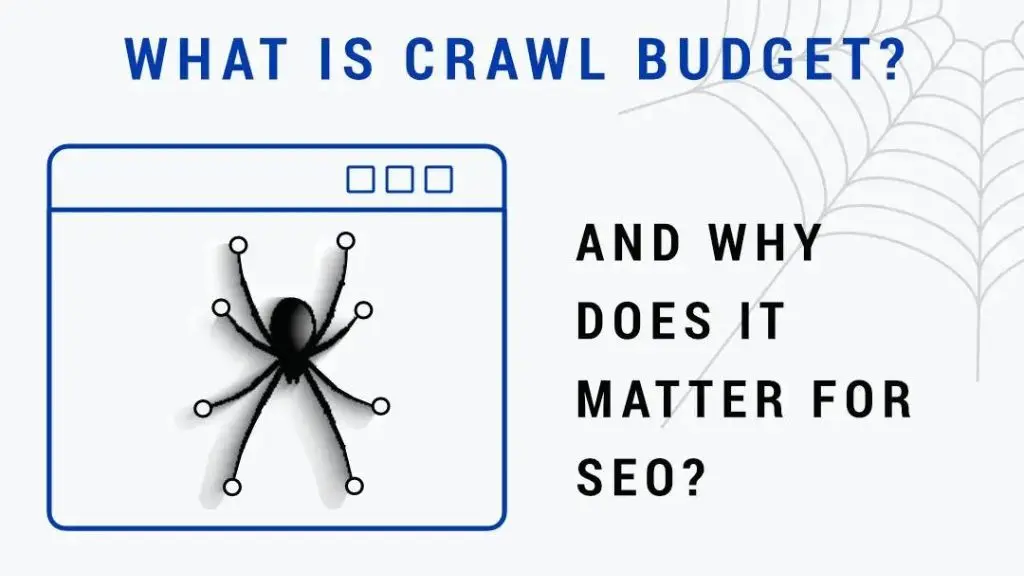




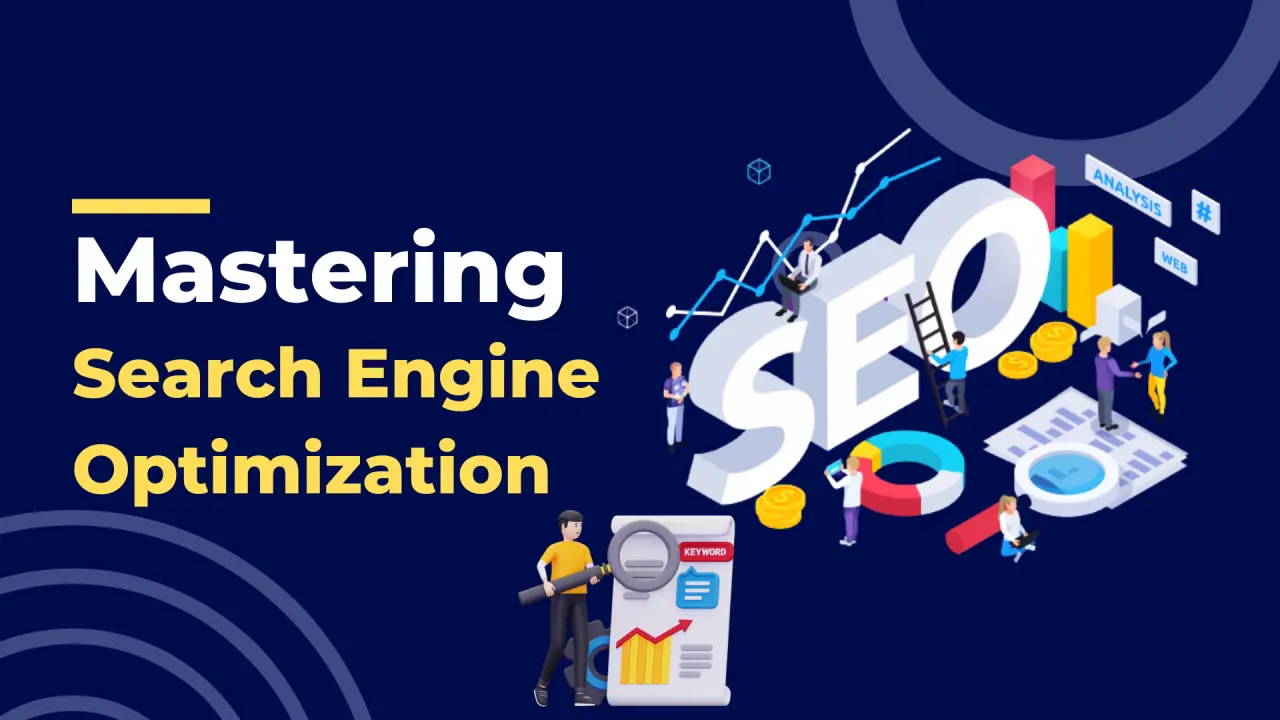





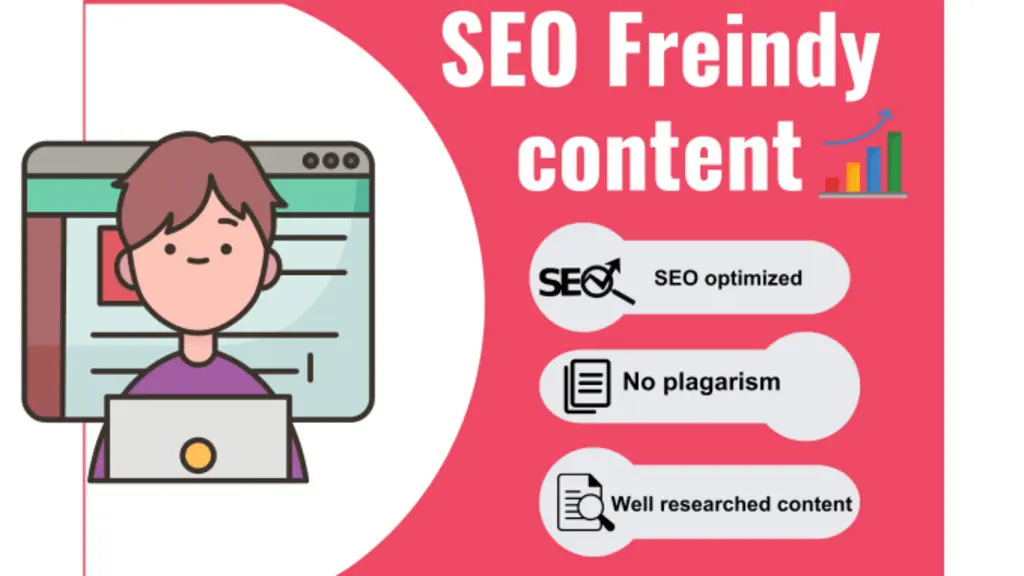



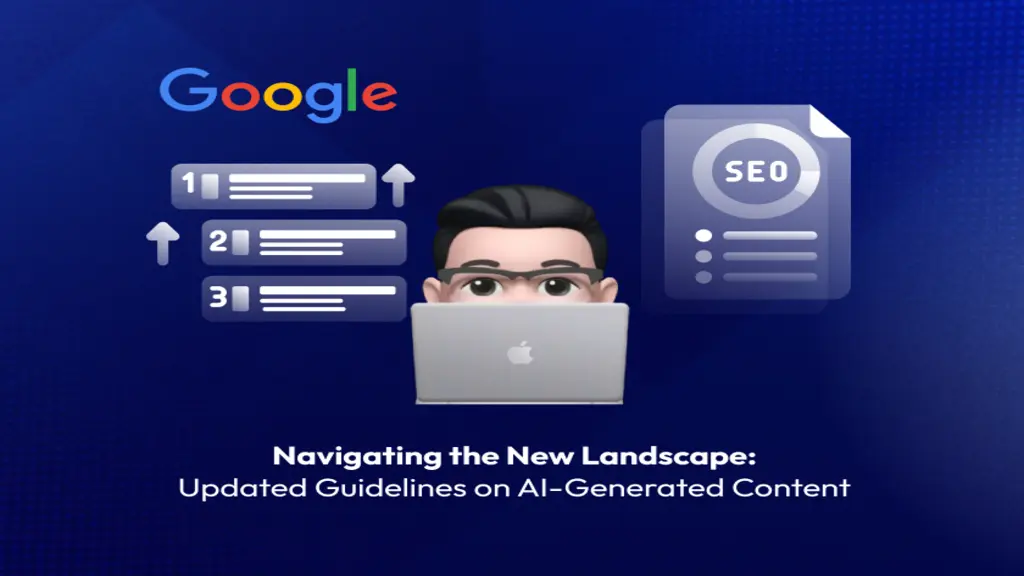

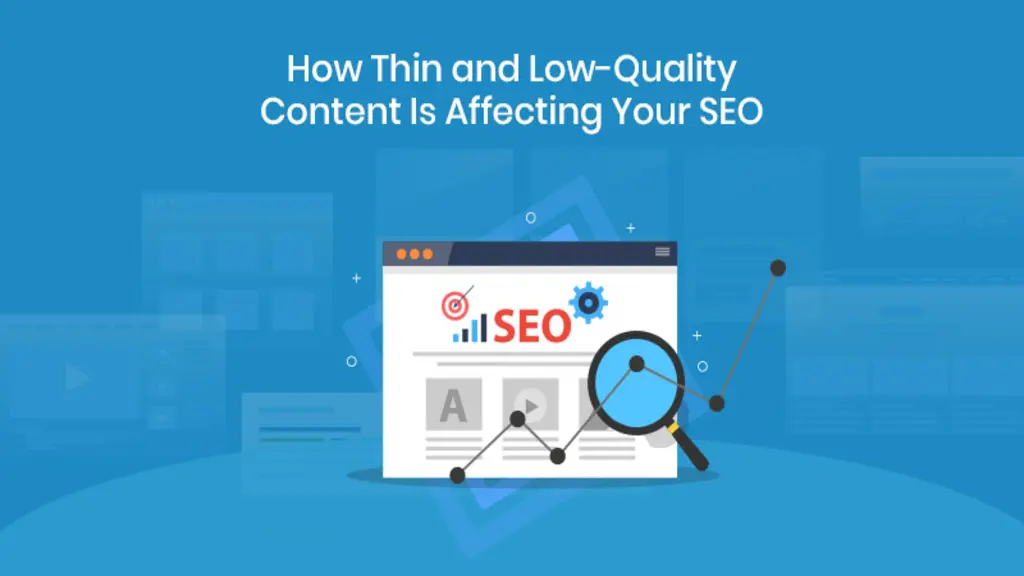



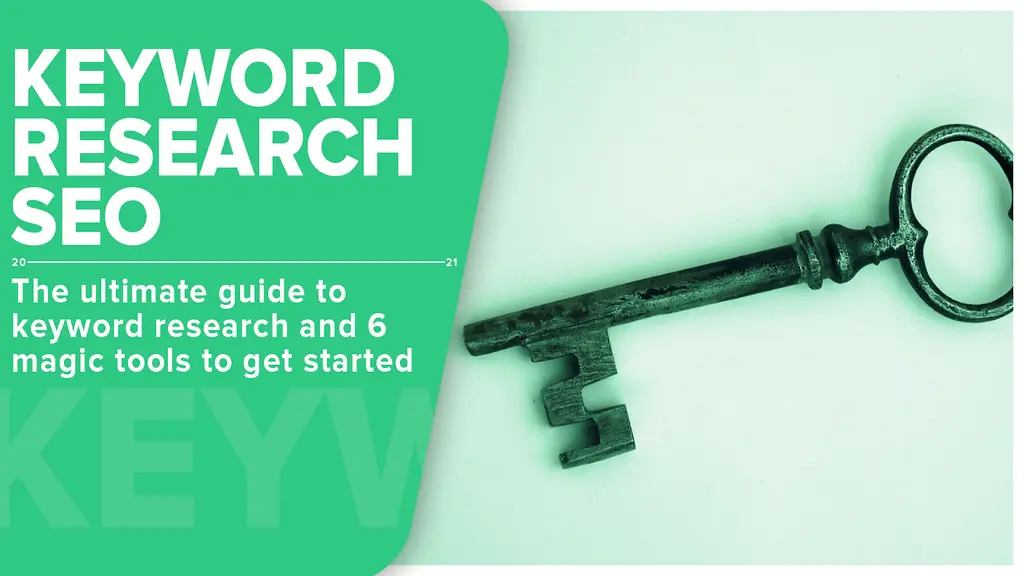

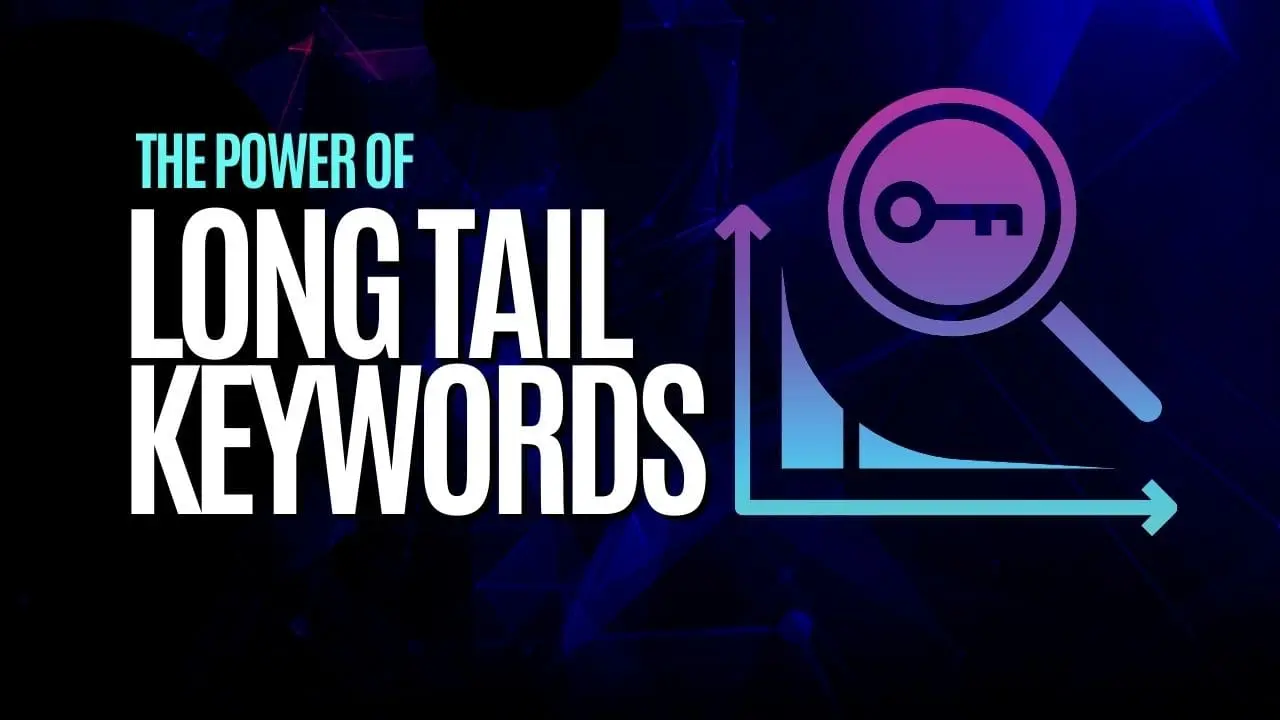






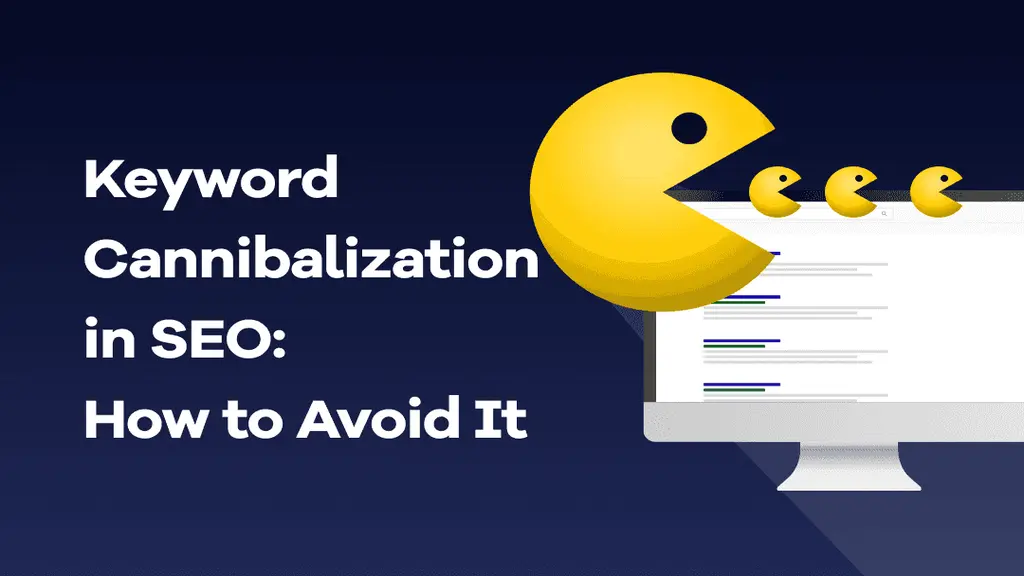

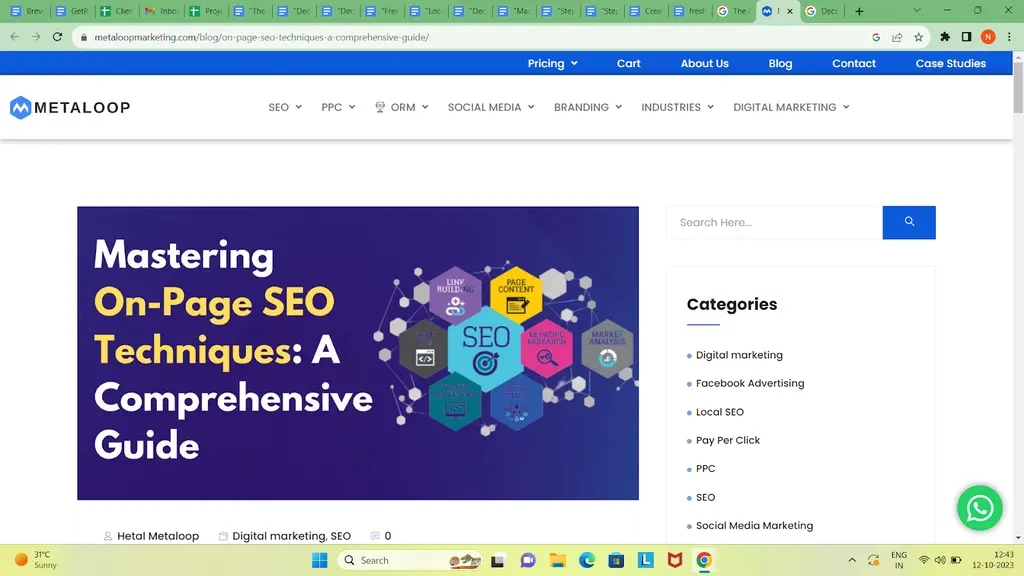












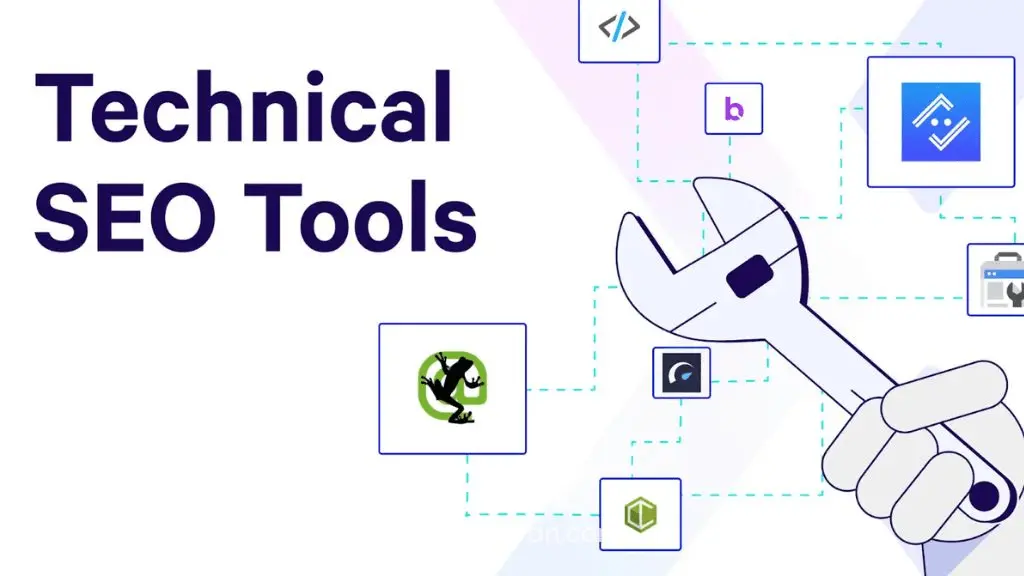



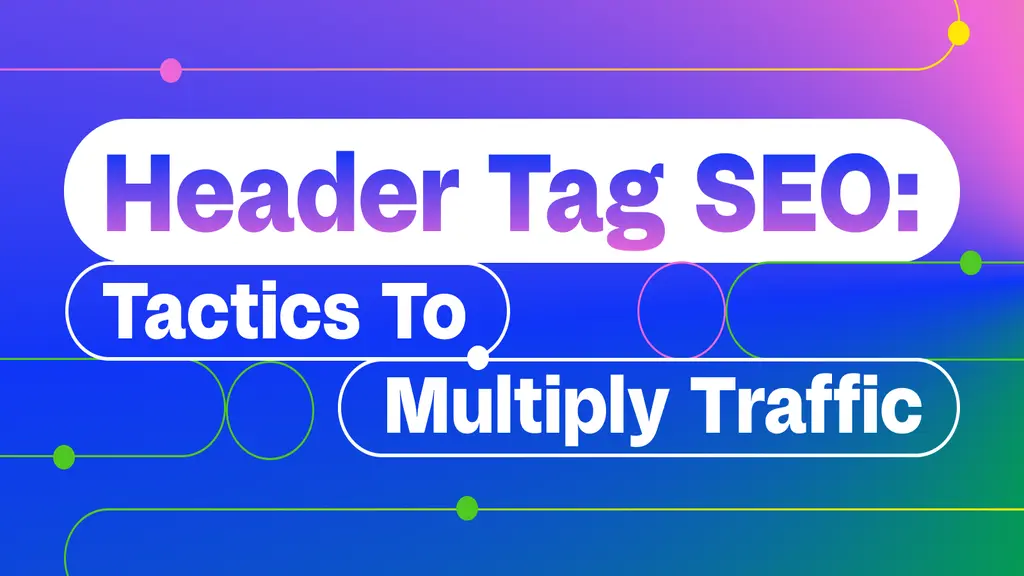












![1707475220 Bebran[1]](https://bebran.com/public/uploads/1709129094_1707475220_bebran[1].webp)
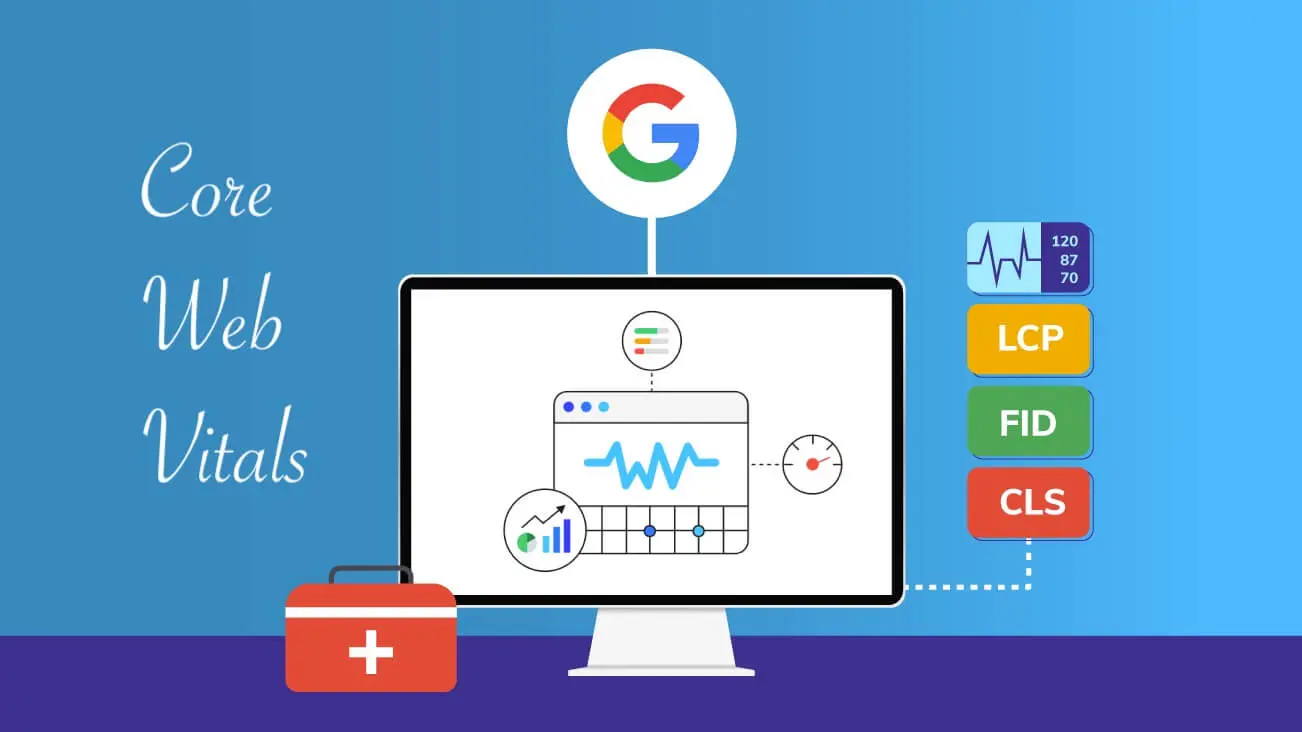
![1707475220 Bebran[1]](https://bebran.com/public/uploads/1709132759_1707475220_bebran[1].webp)

![1707475220 Bebran[1]](https://bebran.com/public/uploads/1709133996_1707475220_bebran[1].webp)
![1707475220 Bebran[1]](https://bebran.com/public/uploads/1709135250_1707475220_bebran[1].webp)

![1707475220 Bebran[1]](https://bebran.com/public/uploads/1709135874_1707475220_bebran[1].webp)

![1707475220 Bebran[1]](https://bebran.com/public/uploads/1709136770_1707475220_bebran[1].webp)

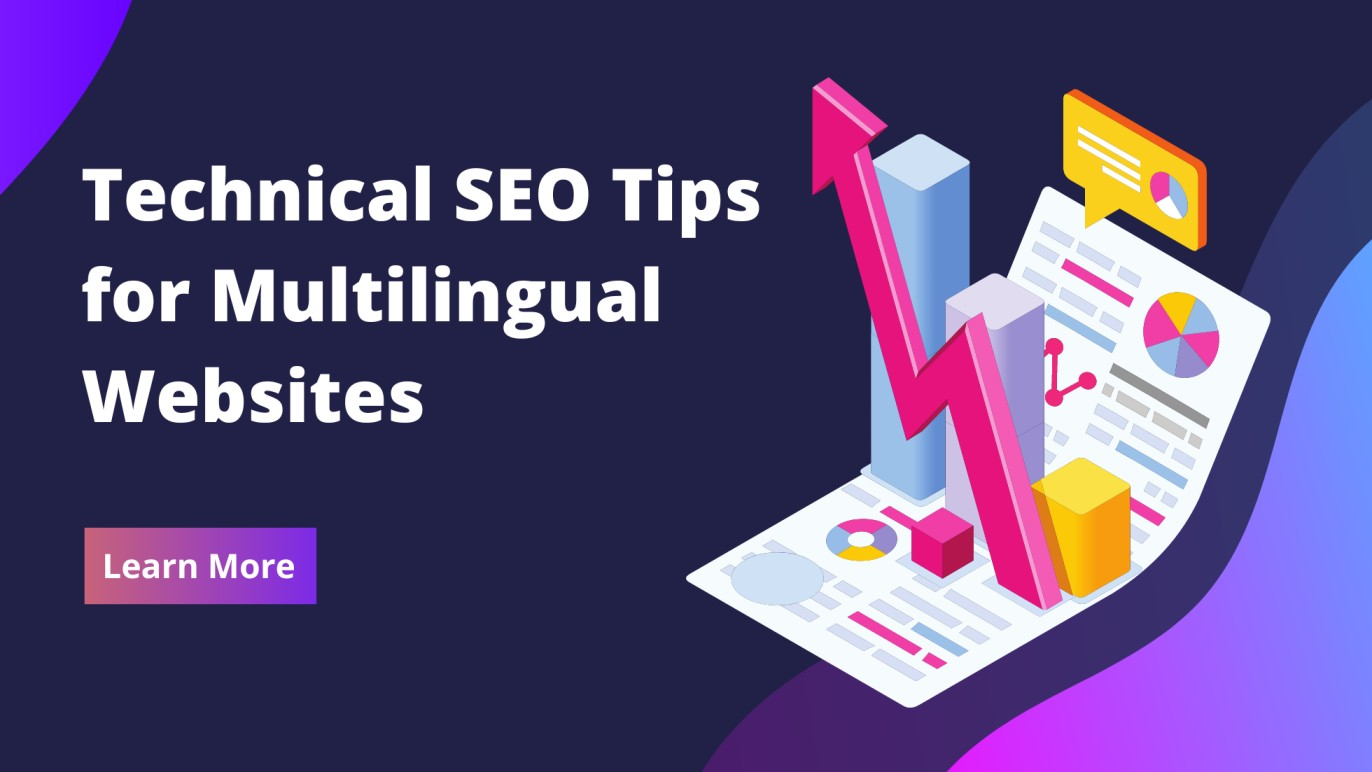





![1707475220 Bebran[1]](https://bebran.com/public/uploads/1709188948_1707475220_bebran[1].webp)

![1707475220 Bebran[1]](https://bebran.com/public/uploads/1709190426_1707475220_bebran[1].webp)



















































































